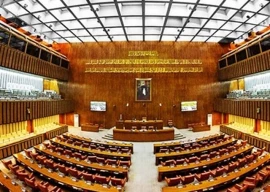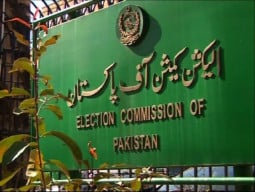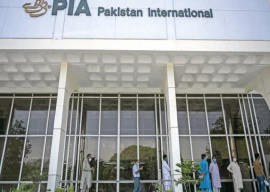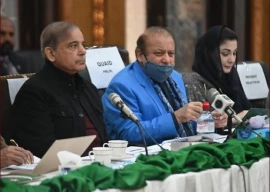
“After seeing your action plan, it seems Ganga will not be cleaned even after 200 years,” the court had said earlier, “you should take steps so that Ganga gets its pristine glory and future generations can see it. We don’t know whether we will see it or not,” according to NDTV.
In response, the government has said to the court that the work could be completed by 2018, meaning during Prime Minister Narendra Modi’s current term. Already, the polluting 118 towns along the river have been identified and their “municipalities have been asked to wake up”. Other headlines in The Times of India read “Supreme Court searches for a Sreedharan to make Ganga clean”, referring to the retired bureaucrat who has built difficult rail projects, and “Systemic failures in Ganga cleaning plan, heads must roll: Supreme Court”.
The court has long pushed this clean-Ganga project and has asked the government to file an affidavit stating the status of all plants and when they would be operational. And to give a “definite plan of action” in verifiable terms and not in bureaucratic jargon. “This (cleaning Ganga) is something for which you are so committed. You should be more keen than us,” the bench observed.
My question is: But why? Why should the government and the Supreme Court be so keen over this? Why the insistence about this one river alone? Will cleaning Ganga clean up India? No, it cannot. The Ganga doesn’t touch 90 per cent of our states. What’s then so special about one body of water that we should spend such resources and administrative time behind it? Surely the court is not influenced by the fact that many Hindus consider the river holy? The Modi government seeks the vote of Hindus with such promises, but that is politics. It is also reflected in such actions as denying reservations to backward Muslims (as poor and wretched as backward Hindus but specifically punished because their ancestors chose to bow to a particular god) and also on the ban on bullock slaughter. All that is fine and expected of the Bharatiya Janata Party. I don’t have a problem understanding its motive.
My problem is: what is the Supreme Court doing in the middle of this? Why is religious sentiment and myth determining its priorities? As a Gujarati, I also wonder why the Tapi doesn’t get that focus. It is sacred to many of us Surtis. My mother holds the Narmada in great reverence so why not that river if Hindus are to be appeased? As someone who lives in South India, I would like as much money and energy spent on the Krishna and Cauvery. Why not those two rivers? Why not the Brahmaputra or the Yamuna (as filthy, and probably more so, as the Ganga)? Why should future generations not see these in their “pristine glory” (whatever that may mean)?
A report said that “More than two-thirds of the sewage generated in (those previously mentioned) 118 towns, located in the Ganga river basin, get discharged into the country’s national river untreated, making the task of its rejuvenation a long drawn process. Recent findings of a report, prepared by a team of experts from different government agencies, have noted that these towns collectively generate over 3,636 million litres per day (MLD) of sewage as against the treatment capacity of approximately 1,027 MLD of the existing 55 sewage treatment plants in these towns spread over five states. “
So cleaning up the Ganga actually means cleaning up these towns, and giving their citizens better sewage and sanitation facilities, and that is fine. But what about India’s other towns? Should they be step-children merely because they are not in a position to pollute the holy river? As a Hindu, I also worry about what non-Hindu and non-religious Indians will make of this assumption by the Supreme Court that the Ganga deserves special treatment because of its place in mythology. I am lastly troubled by the fact that even in the media there doesn’t seem to be much questioning, far less resistance, of this notion that the Ganga must be focused on because it is in some way special.
Published in The Express Tribune, March 15th, 2015.
Like Opinion & Editorial on Facebook, follow @ETOpEd on Twitter to receive all updates on all our daily pieces.




























1714129906-0/Clint-Eastwood-(1)1714129906-0-270x192.webp)






COMMENTS (20)
Comments are moderated and generally will be posted if they are on-topic and not abusive.
For more information, please see our Comments FAQ